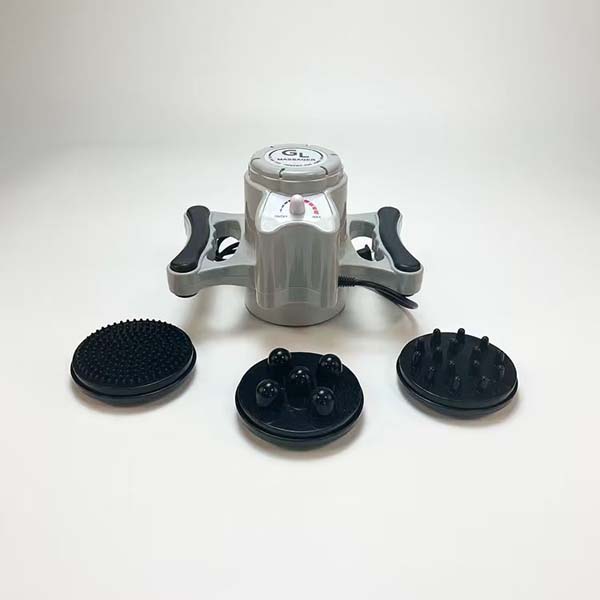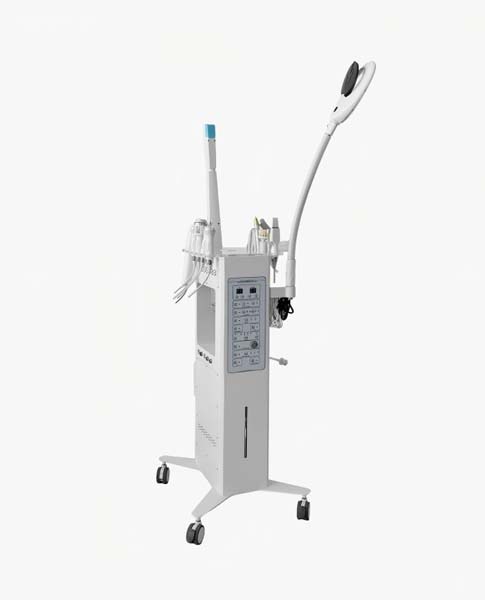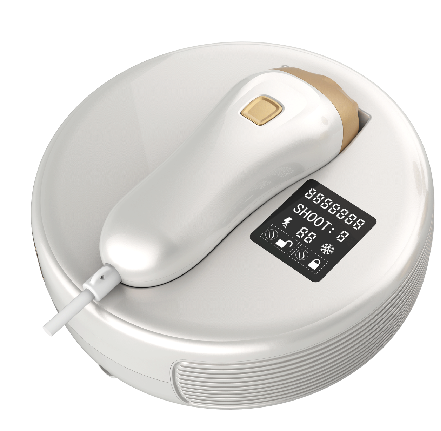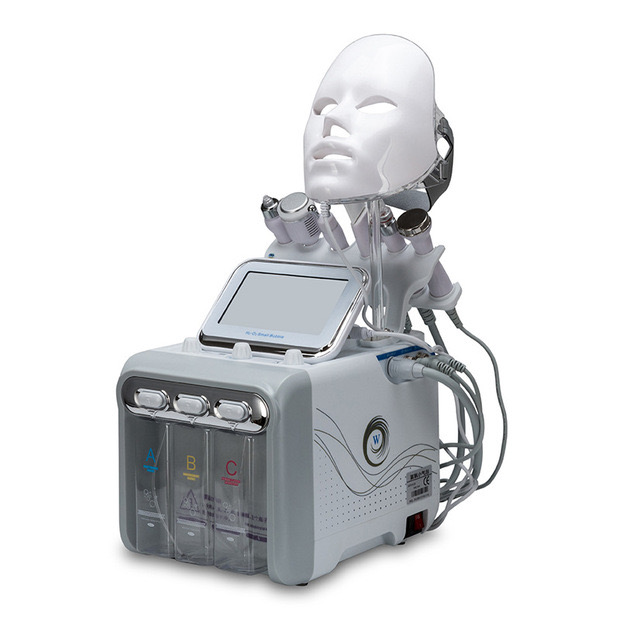What is Hair Mineral Analysis and How Can It Benefit Your Health?
Introduction to Hair Mineral Analysis
Hair mineral analysis is a diagnostic tool used to assess the mineral content in an individual’s hair. It provides insights into the body’s mineral balance and toxic metal exposure, which can reflect overall health and guide treatment options. Hair, being a non-invasive tissue, offers a clear window into the mineral content present in the body over a longer period. Hair mineral analysis has gained popularity due to its ability to reveal imbalances or deficiencies that blood tests may not detect.
What is Hair Mineral Analysis?
Hair mineral analysis is a scientific technique that measures the mineral content of hair to evaluate an individual’s nutritional status. By cutting a small sample of hair close to the scalp, laboratories can measure the levels of essential minerals like calcium, magnesium, zinc, and iron, as well as toxic metals such as lead, mercury, and arsenic. The analysis can help in identifying mineral imbalances, deficiencies, or toxicities, all of which are crucial for maintaining overall health.
The Importance of Minerals in the Body
Minerals play vital roles in maintaining various physiological functions in the body. For instance, calcium is essential for bone health, magnesium helps with muscle relaxation and nerve function, and zinc is necessary for a strong immune system. Hair mineral analysis allows practitioners to understand how these essential minerals are absorbed, stored, and used in the body.
Many health issues such as fatigue, hormonal imbalances, and digestive problems can stem from mineral deficiencies or imbalances. A hair mineral analysis can provide the data needed to create tailored health plans to address these imbalances, ensuring optimal health and wellness.
How Hair Mineral Analysis is Performed
The process of hair mineral analysis is straightforward. A small sample of hair, usually about 1 to 1.5 inches in length, is cut from the nape of the neck. The sample is then sent to a laboratory where it undergoes a thorough wash to remove any external contaminants. The hair is then digested using acids, and the mineral content is analyzed using highly sensitive instruments such as mass spectrometry.
The report generated from the analysis provides detailed information on the levels of various minerals and toxic metals, as well as the ratios between specific minerals. These ratios can provide insights into metabolic activity, thyroid function, and adrenal health.
Benefits of Hair Mineral Analysis
- Non-invasive and Painless: Unlike blood tests, hair mineral analysis is non-invasive, making it a painless method for assessing nutrient levels. It is especially suitable for individuals who are wary of needles or prefer less intrusive diagnostic methods.
- Long-term Overview: While blood tests provide a snapshot of your mineral status at the time of testing, hair mineral analysis offers a more comprehensive overview, reflecting mineral intake and exposure over several months.
- Detects Heavy Metal Toxicity: Hair mineral analysis is one of the few tests that can effectively measure toxic metals such as lead, mercury, and aluminum. These metals, when accumulated in the body, can contribute to serious health problems such as cognitive decline, fatigue, and immune system dysfunction.
- Personalized Nutrition Plans: Based on the results of a hair mineral analysis, healthcare providers can create personalized nutrition and supplementation plans to address specific deficiencies or imbalances, helping to restore the body to optimal health.
Common Minerals and What They Reveal
- Calcium: High levels of calcium in hair may indicate poor calcium absorption or bone loss, while low levels can suggest dietary deficiencies.
- Magnesium: An essential mineral for over 300 biochemical reactions in the body, low magnesium levels can cause muscle cramps, anxiety, and sleep disturbances.
- Zinc: Vital for immune function, zinc deficiency can lead to weakened immunity, slow wound healing, and even hair loss.
- Iron: Hair mineral analysis can show if iron levels are adequate. Iron deficiency can cause fatigue, while excess iron might suggest the risk of oxidative stress.
- Sodium and Potassium: These electrolytes are crucial for maintaining fluid balance, nerve function, and heart health. Their ratio in hair can provide information on adrenal function and stress levels.

Toxic Metals in Hair Mineral Analysis
Hair mineral analysis is also invaluable for detecting toxic metals, which may accumulate in the body due to environmental exposure. Common toxic metals analyzed include:
- Lead: Exposure to lead can impair cognitive development and lead to neurological disorders. High levels of lead found in hair may indicate chronic exposure from contaminated water, old paints, or industrial sources.
- Mercury: Mercury toxicity, often linked to seafood consumption or dental fillings, can cause neurological symptoms, fatigue, and memory issues.
- Arsenic: Arsenic is a common environmental pollutant found in contaminated water. Long-term exposure can result in skin changes, respiratory problems, and increased cancer risk.
- Cadmium: Found in tobacco smoke and certain industrial environments, cadmium can accumulate in the body, affecting kidney function and bone health.
Interpreting Hair Mineral Analysis Results
Interpreting hair mineral analysis requires expertise, as the results reflect not only mineral levels but also the interaction between various minerals and toxins in the body. For instance, elevated calcium levels might not necessarily mean a calcium surplus but rather a calcium-magnesium imbalance. It is essential to consult a trained healthcare provider to understand the implications of the results and develop an appropriate action plan.
Hair Mineral Analysis vs. Blood Tests
While blood tests are often the go-to diagnostic tool for evaluating nutrient levels, hair mineral analysis offers unique benefits. Blood tests reflect immediate changes in mineral levels due to recent dietary intake or stress, but they may not show long-term mineral stores or toxic metal accumulation. Hair mineral analysis, on the other hand, provides a broader view of the body’s mineral status over a few months, making it a valuable complementary tool for health assessment.
Who Should Consider Hair Mineral Analysis?
Hair mineral analysis can benefit anyone seeking a deeper understanding of their nutritional health, but it is especially useful for:
- Individuals with Chronic Health Conditions: People suffering from fatigue, thyroid disorders, or hormonal imbalances can gain insights into potential underlying mineral deficiencies or toxic metal exposure.
- Athletes: Active individuals often have increased mineral requirements. Hair mineral analysis can help ensure they are meeting their nutritional needs to support optimal performance and recovery.
- People with Environmental Exposures: Those exposed to industrial pollutants, contaminated water, or heavy metals through work or lifestyle can use hair mineral analysis to detect and address potential toxic metal accumulation.
Conclusion
Hair mineral analysis is a powerful tool for understanding the body’s mineral balance and toxic metal exposure. By assessing hair samples, individuals and healthcare providers can gain valuable insights into long-term nutritional status, enabling them to take proactive steps toward better health. Whether you’re looking to improve your wellness, address chronic health issues, or optimize athletic performance, hair mineral analysis can be an essential component of your health assessment toolkit.


















